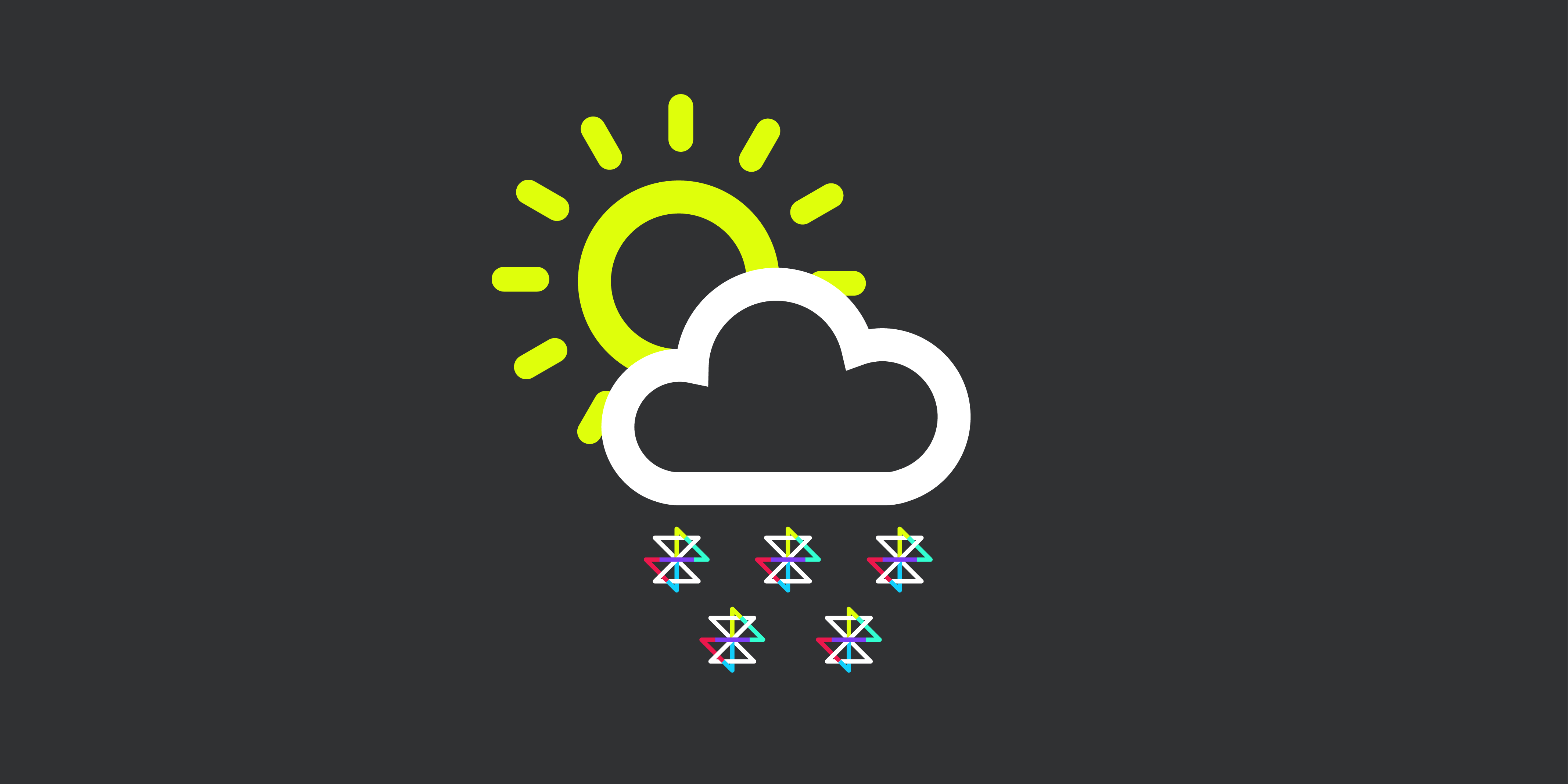PERFECT STORM’S FORECAST FOR 2016
So 2016 is now upon us. I find this mildly disconcerting as I still associate dates after 1999 as being in ‘the future’. This might explain why in contrast to the exciting new news coming our way, I see the questions marketers need to ask themselves as being quaintly old school…
1) Meaning trumps messaging in the online world
Where Apple leads, the world follows; so Apple’s embrace of ad blockers will mark the technology’s coming of age. Next up, Mobile carriers are looking to take this further by ad-blocking at source. I’m not sure who actually pays for the internet once those pesky ads go, but I’ll leave that for someone else to ponder. Ad-blocking builds on Google’s recent changes to their algorithm making it harder to ‘game’ your search ranking. Taken together, our digital experience is being increasingly screened at source from pushy attempts to get unwanted messages in people’s faces. Brands will have to prioritise meaning over messaging to break through the filter with native advertising and more considered content being the first beneficiary. If your online presence is not genuinely entertaining, useful or wanted, why is it there?
2) Calling out the Emperor’s new social media strategy
You know how we talk about brand marketing being a conversation with customers? It’s a metaphor. Marketing doesn’t generally converse – that’s customer service. This is why brands struggle with social media – it’s a social space for real conversation. It’s also why brands don’t use the phone. 2016 will be the year brands take a cold hard look at their social activity and ask, is it working? Oreo’s fabled Super Bowl tweet reached only c150k people (retweets included) in contrast to 40m eyeballs for a Super Bowl TV ad – and that’s championed as the pinnacle of social media impact. Do you really have something to say in social media and how many people are actually listening?
3) Personality is the new authenticity
Everyone’s an artisan now. Starbucks serve “hand-crafted coffee”. Breakfast cereal has provenance. Supermarket eggs come with a photo of the farmer who raised the hens. With the advent of hipsters we were impressed by anyone with a backstory and a beard. Now we’re sceptical of embellished claims to ‘authenticity’ and trust ourselves to judge brands are the real deal the same everyday way we judge people, on the basis of their personality. If you’re believable you will be believed. Don’t over-elaborate, but tell it like it is with personality i.e. conviction and charisma.
4) Branding begins at home
The treatment of vulnerable workers in developing countries has long been a focus for businesses, but as affluent markets experience increasing work stress and insecurity, attention is coming to working conditions back home. Last year Virgin announced a fully paid 12-month paternity leave. Intel pledged $300m to ensure its workforce were fully represented by women and minorities by 2020. REI gave its 11k staff Black Friday off to get outdoors. 2016 will be the year companies take ‘living the brand’ as seriously as selling the brand. This is partly about competing for talent and building goodwill. It’s also about increasing agility. Culture is an organisation’s ‘muscle memory’ – by strengthening and branding it business empowers staff to deliver the brand consistently and autonomously in an always-on world. As O2 CMO puts it, “With O2, the brand runs the company, rather than the company running the brand”. If staff don’t believe in the brand, why will anyone else?
5) ‘Doing good’ becomes expected
I can’t remember when exactly the golden age of corporate integrity was, but last year’s VW’s emissions scandal, FIFA corruption, Nestlé’s Thai slave labour and UK banking’s ‘biggest ever’ year of fines seem about par for today’s course. Except not every business is like that. From Persil to Dove to SKINS, there are plenty of brands putting purpose at the heart of their business. Our brand expectations increasingly transcend sectors: If Uber gets me a cab in 3mins, why does it take a fortnight to get a plumber? If Sainsburys’ staff can smile and say hello, why are Halfords’ drawn from the undead? If the Body Shop feels a responsibility to save animals, why can’t Starbucks even pay taxes? My final rose-tinted prediction is that 2016 will represent the tipping point – enough brands will talk purpose that it will become a general expectation. This isn’t to say that consumers have become more socially minded, they just expect you to be. Business is social, it doesn’t run in a parallel world divorced from communities. If washing powder can meaningfully consider its place in society, why can’t you?
